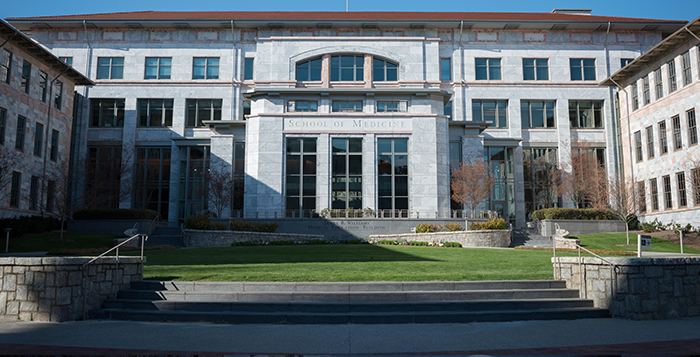Tears filled College junior Jenni Seale’s eyes as 40 students gathered around the Quadrangle’s flag pole in silent darkness on Sept. 11. The only lights shone from the dim flames of the candles that each student held, illuminating their faces.
Around 20 of the students who attended the candlelight vigil Tuesday night had just filed out of Cannon Chapel, where, as part of Volunteer Emory’s Dialogue on Unity, they had taken part in a showing of the 45-minute documentary “Coexist” about the Rwandan reconciliation movement followed by a 20-minute interactive discussion.
This first annual Dialogue on Unity event is part of Volunteer Emory’s larger social dialogue initiative, according to staff member and College senior Shekar Dukkipati. Similar events throughout the year will focus on a variety of social issues and correspond to different days of service.
This particular dialogue corresponded to the 9/11 Day of Service which took place Saturday, Sept. 8. Volunteer Emory sponsored the event in collaboration with the Interreligious Council, Office of Religious Life and Office of Student Leadership and Service.
Following the documentary, Isam Vaid, guest facilitator and campus religious life advisor for the Office of Religious Life, asked the audience a set of questions focusing on their reflections about the documentary, community service and other topics relevant to theme of unity.
“Reconciliation has an important role in bringing people together – in setting a positive force for the future,” he commented. “A better future. A brighter path ahead.”
Several students recounted their own memories of 9/11, whether they were eating breakfast during the attacks and watching the breaking news on television, or across the world in Bangladesh playing outside.
In response to the documentary, Seale conveyed the idea that attempting to make ethical decisions, like the perpetrators of violence in the film, is more complex than one would imagine.
“Decisions that are ethical in one sense are often also not necessarily unethical,” she remarked. “But if they benefit one person, then they also often harm another person.”
Mark Torrez, the assistant director for community engagement, stressed the importance in preserving the values of community and bravery that many people exhibited on 9/11.
“If you reflect on what the emotion was that day and what the emotion is today, 11 years later, what is that difference?” he said. “Are we still remembering? Are we still carrying forth that narrative?”
Following the discussion, Dukkipati encouraged the participants to continue dialogue on a Volunteer Emory Blog titled “Socially Responsible.”
After filing out of the chapel at around 9 p.m. towards the outdoor vigil, the attendees watched a compilation of 9/11 footage and a World Humanitarian Day video.
A group of students of various faiths recited prayers, and College junior Khatdija Meghjani, a Volunteer Emory staff member, presented Cheryl Sawyer’s commemoration poem, which focuses on how 9/11 brought Americans together.
The Emory Wheel was founded in 1919 and is currently the only independent, student-run newspaper of Emory University. The Wheel publishes weekly on Wednesdays during the academic year, except during University holidays and scheduled publication intermissions.
The Wheel is financially and editorially independent from the University. All of its content is generated by the Wheel’s more than 100 student staff members and contributing writers, and its printing costs are covered by profits from self-generated advertising sales.



